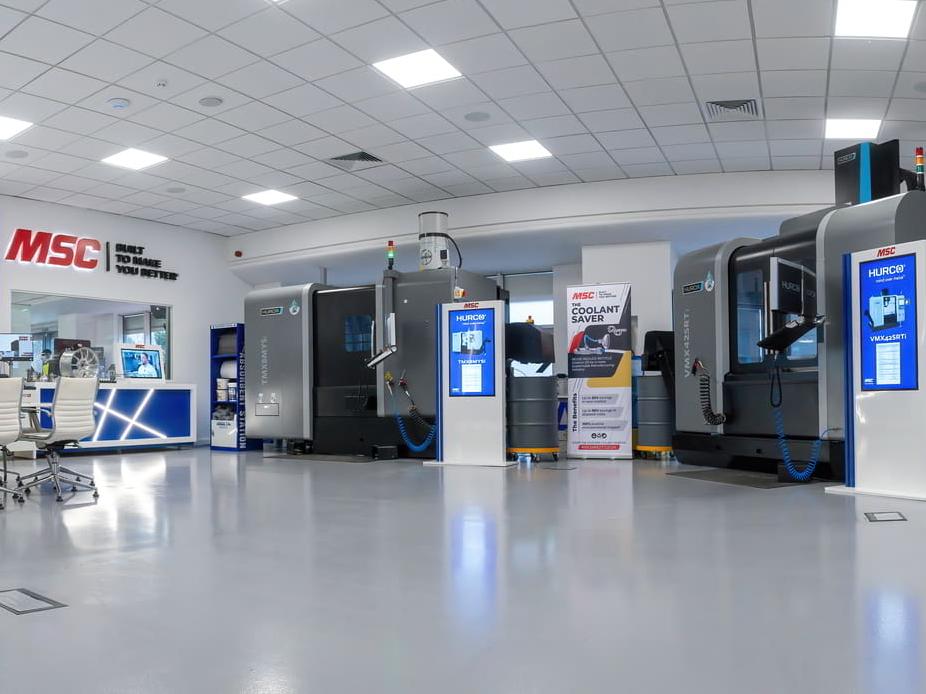Majority of UK SMEs feel no impact from Brexit

More than half of SMEs (56%) say they have felt no impact on levels of business from the UK’s decision to leave the EU, according to the Close Brothers Business Barometer, a quarterly survey of UK SME owners and senior management across a range of sectors and regions.
Nationally, 24% of those surveyed said Brexit had had a direct effect on their company, while a further 20% felt that it was too early to tell.
Regionally, businesses in Greater London felt the most affected by Brexit, with 46% answering 'yes' to the question 'have you seen an impact on your business caused by Britain's decision to leave the EU?'; 38% answered 'no'.
Least affected was the North East (no – 71%; yes – 20%) and East Anglia (no – 69%; yes – 12%). Wales was similar, with 63% answering 'no' and 12% saying 'yes'.
Of those companies who felt that there had been an impact on their business, 40% have seen an improvement in business while 43% have seen a decrease. The remainder (17%) said business had stayed about the same. Engineering firms were the most positive, with 65% of firms surveyed saying the impact of Brexit has been beneficial.
Neil Davies, CEO, Close Brothers Asset Finance, commented: “It’s clear that the majority of UK SMEs are yet to feel any real and tangible effect from Brexit. It’s interesting to note that of those who have been impacted, it’s pretty much split down the middle in terms of those who have been positively and detrimentally affected. There is also a real regional difference, with businesses in London feeling the most exposed.”
More than three quarters (76%) of businesses have not delayed spending or investment decisions because of the EU Referendum. Regions most likely to answer 'no' to the question ‘have you delayed any spending or investment decisions because of the EU referendum?’ were East Anglia (87%), Wales (90%) and Northern Ireland (90%).
Greater London was the region most likely to delay spending with 48% or respondents suggesting that Brexit had prevented them from investing.

Mr Davies continued: “It’s interesting to note that 88% of smaller firms – those with a turnover of between £250k to £500k – were the least liable to allow the EU referendum stop them from pushing their business forward. Close Brothers has a history of lending through all economic cycles, and experience tells us that these organisations aren’t sitting on large reserves of money. In order to maintain business levels, they typically don’t have a choice but to spend and invest to ensure a sustainable flow of cash.
“Firms don’t become unviable overnight; we see it as our responsibility to do what we can to ensure our customers, who are in the main SMEs, remain in business and can build towards a profitable future.”
Companies that said they had delayed spending cited the economic uncertainty created by Brexit as the primary reason (62%) for holding back. Only 18% of business owners hold the view that the decision to leave the EU will lead to fewer opportunities. Tellingly, however, 49% feel they anticipate no change and that it is likely to be ‘business as usual’. The remaining 33% are looking forward to better prospects in the future.
“Greater London companies are the most positive region we surveyed,” said Mr Davies. “53% expect more opportunities while 48% of engineering firms are equally as positive.”
Close Brothers Asset Finance www.closeassetfinance.co.uk















